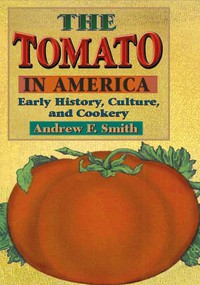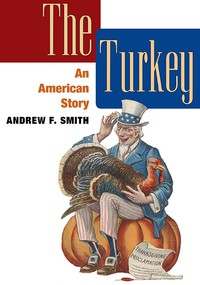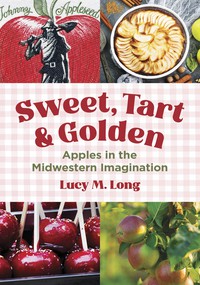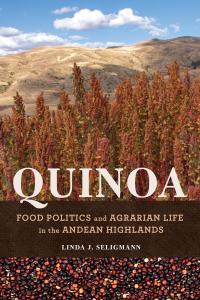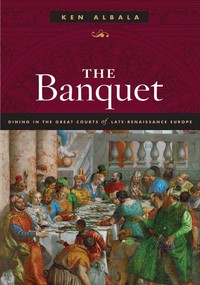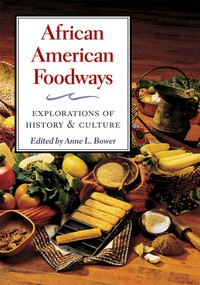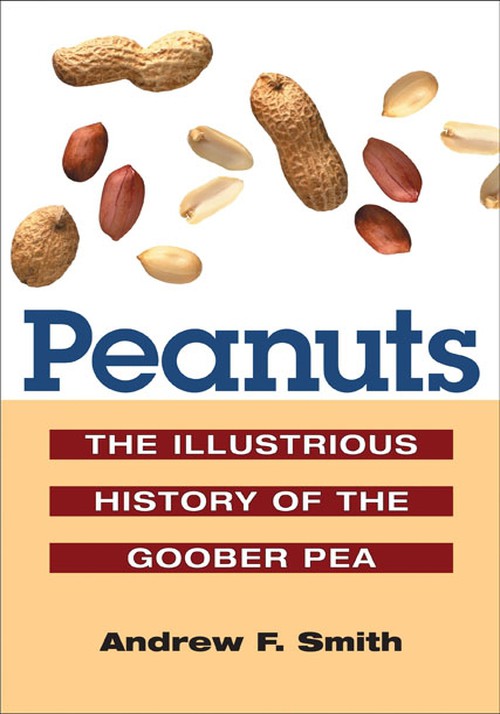
Peanuts
The Illustrious History of the Goober Pea
The peanut’s rise from a lowly bean to national favorite
Paper – $16.95
978-0-252-07328-1
Publication Date
Paperback: 01/01/2007
Series: The Food Series
About the Book
The peanut is one of the most versatile and beloved of American food icons. In this first culinary history of the protein-laden legume, Andrew F. Smith follows the peanut’s rise from a lowly, messy snack food to its place in haute cuisine and on candy racks across the country.Chronicling how peanut consumption and productionhas changed throughout history, Smith highlights the peanut’s role in the ways economic distress, wartime conditions, industrialization, and health trends reflect and inform our culinary landscape. Chock-full of photographs, advertisements, and peanut recipes from as early as 1847, this entertaining and enlightening volume is a testament to the culinary potential and lasting popularity of the goober pea.
Reviews
"Enjoyable and full of facts on this significant and versatile food, the book comprehensively details the importance of peanuts as a food source and makes an important contribution to the field."--Choice"Smith tells the back story of one of the wonders of the national food scene. . . . The book surveys [the peanut's] long history, drawing from many scholarly sources."--Tifton Gazette
"During antebellum times, genteel Northerners linked the peanut to rowdyism. In the South, peanuts were considered food fit only for slaves. . . . This 'nutty tale' follows the legume's journey to becoming a dietary staple. In the process, Smith examines what the peanut's story can tell us about larger social and historical issues."--Science News
